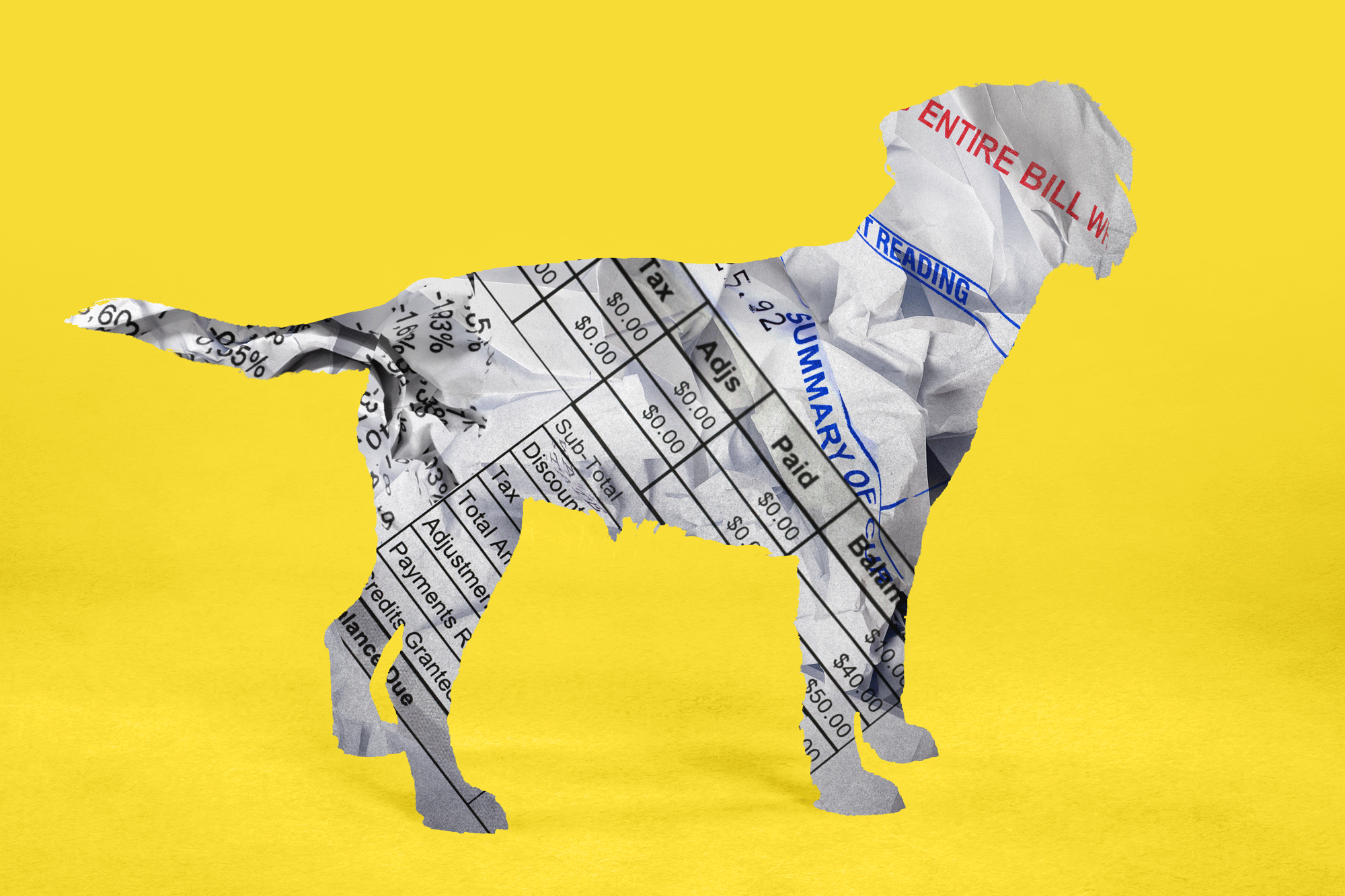These Vets Have an Old-Fashioned Practice: House Calls
- Share via
Donna Stafford was frantic. Her Lhasa apso and the dog’s seven newborn puppies were seriously ill--apparently stricken by a respiratory ailment. It was Saturday night, and Stafford was afraid they would not live until she could get them to a veterinarian on Monday.
A neighbor suggested that the Manhattan Beach airline flight attendant call Dr. Robert V. Mason, a veterinarian who makes house calls.
“It was the first I ever heard of a vet making house calls,” Stafford said. “Dr. Mason came over immediately. He saved their lives.”
Mason is one of a handful of house-call veterinarians in Los Angeles and Orange counties, the Southern California Veterinary Medical Assn. says. There are 1,152 vets in the two counties, according to the association.
Have Become Specialists
Like medical doctors, veterinarians have become specialists. There are veterinary ophthalmologists, dermatologists, radiologists, surgeons, dentists and those who operate night emergency clinics.
But house-call vets say they fill a special need, serving the handicapped or shut-in pet owner and offering convenience to those who do not mind the extra expense. Having a vet come to the house reduces stress on both pets and owners and the potential of exposure to infection from other animals, they say.
One of the first house-call vets in the Southland is Dr. Kerry Willets, who was asked by the Southern California Veterinary Assn. in 1970 to call on pet owners confined to their homes.
“It started out as a small part of my practice, and within a year I was at it full time and it has been my exclusive practice ever since,” she said. “I know every animal I care for by name. . . . This is a very personalized practice.”
Willett sees an average of 10 patients a day in Santa Monica, Bel-Air, Beverly Hills, Brentwood and the San Fernando Valley.
Mason, 45, has specialized in house calls for six years. A recent day was typical. He would visit six to eight patients, working out of his home in Manhattan Beach--and the trunk of his car, which is jammed with equipment, supplies and medication. (He does his X-rays, surgery and dental work at a clinic where he rents space when needed, usually one or two afternoons or evenings a week.)
Dressed in a white smock and carrying a black medical bag, he was met halfway up the steps of a second-story duplex by his first patient of the day, Tiger, a big white shaggy dog.
Tiger’s tail was wagging.
“That’s the first time Tiger wagged his tail all day, Dr. Mason,” said the dog’s owner, Beverly Lowry, 32.
“Hi, Tiger. How are you?” Mason asked, kneeling to pet the dog.
“The animals know right off if a person is for or against them,” Mason said, explaining his bedside manner. “I always walk up and talk to them. I get down at their level, face to face so they can check me out. Being the pet’s buddy is the first impression I try to convey.”
Lowry was worried. “Tiger hasn’t been eating for two or three days. He isn’t drinking his water. He just sits there and mopes.”
Working in Lowry’s front room, Mason examined Tiger, checking the dog’s heartbeat and temperature, and gently probing for painful areas. Finding that the dog suffered from an inflammation in the lumbar region, Mason prescribed medicine to ease the pain and stimulate Tiger’s appetite.
And he reassured Lowry: “Tiger will be as frisky as ever in a day or two.”
The next patient was Sam, a part poodle who was having ear problems. As he started to examine the dog’s ears, Mason asked owner Gerry Mundorf to hold her pet’s head steady.
Owner Helps Out
“Mrs. Mundorf is my lab technician,” said Mason with a smile. In a pet hospital he would have assistants help calm or hold the animals. Pet owners do the job for him at home.
When Mason gave Sam an injection of medication for his ear problems, Mundorf closed her eyes and winced.
Mason charges $45 for a visit in Manhattan Beach, $55 in Palos Verdes Peninsula and the South Bay, $65 to $85 in Bel-Air, Beverly Hills and West Los Angeles. The fee includes physical examination and consultation only. Any medication is additional. (Office calls at animal clinics in the Los Angeles area average between $15 and $25 without medication.)
He charges more for night calls and weekend calls and tries to avoid them, suggesting that pet owners use an emergency pet hospital.
On the way to his next patient, Mason talked about why he likes his job: “This beats being in an office with the phone ringing off the hook, with a waiting room filled with nervous pet owners clutching their excited sick dogs and cats.”
Making house calls is easier on animals too, Mason said. “Sick animals often throw up in the car en route to see a veterinarian. They are less anxious and excited at home. . . .”
Another benefit, he said, is that 35% of his patients suffer from skin problems and making a house call enables him to check the animal’s environment--the backyard, the carpeting, the food--for what may be causing the problem.
But the practice can be harder on the vet, Mason said. He has been bitten by dogs and scratched by cats trying to make quick getaways. And more than once he has had to retrieve animals from under a bed.
“Sometimes I swear they can understand what’s going on,” he said.
More to Read
Sign up for Essential California
The most important California stories and recommendations in your inbox every morning.
You may occasionally receive promotional content from the Los Angeles Times.









